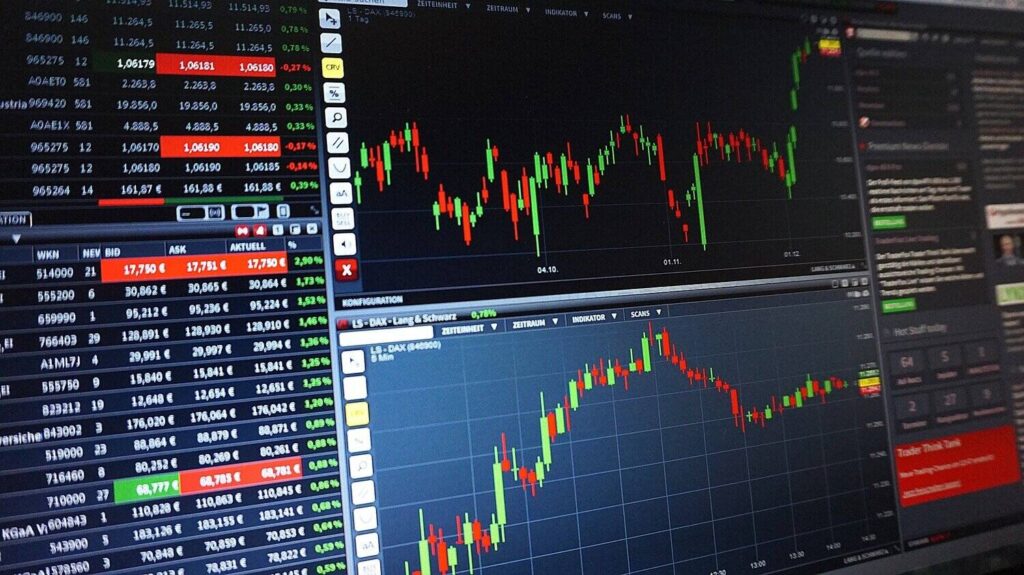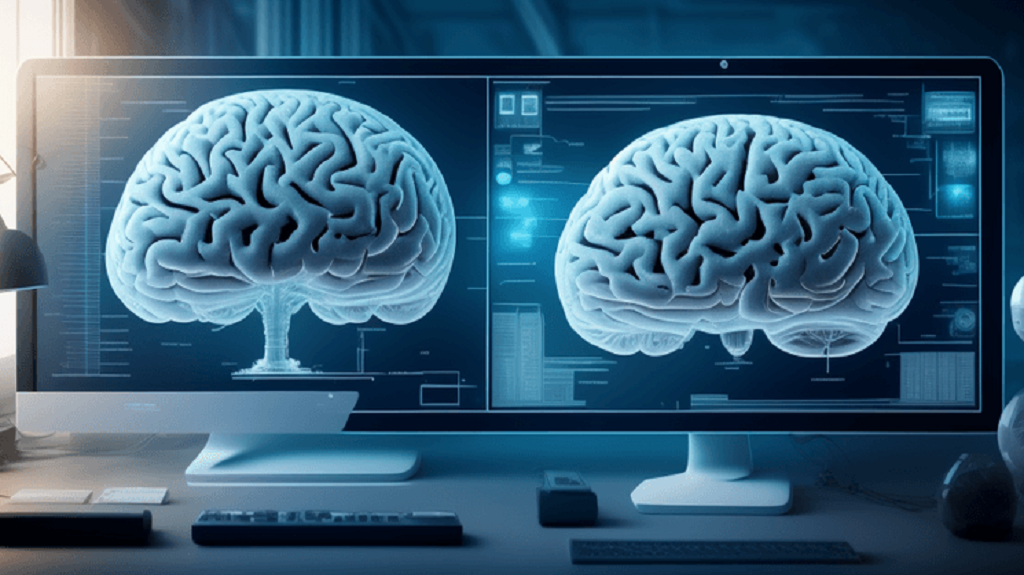Artificial Intelligence (AI) has been making significant strides across various industries, and the financial world is no exception. As AI technologies continue to evolve, the landscape of professional trading and retail investing is poised for a transformation. In this article, we explore the expected impact of AI on the lives of both professional traders and retail investors.
1. Automation of Routine Tasks
AI is set to automate routine tasks that have traditionally consumed a significant amount of time for traders and investors. This includes data analysis, market research, and even trade execution. Automation allows professionals to focus on more strategic aspects of their roles, such as developing sophisticated trading strategies or conducting in-depth financial analysis.
2. Enhanced Decision-Making
One of the most profound impacts of AI is its ability to process vast amounts of data at speeds far beyond human capability. This enables AI algorithms to analyze market trends, news sentiment, and historical data to make informed predictions. Professional traders can leverage AI to enhance their decision-making processes, leading to more accurate and timely actions in dynamic markets.
3. Algorithmic Trading and High-Frequency Trading (HFT)
AI algorithms play a crucial role in algorithmic trading and high-frequency trading (HFT). These sophisticated systems can execute trades at speeds that are impossible for humans to achieve, capitalizing on small price differentials. Professional traders use AI-driven algorithms to execute complex strategies, manage risks, and seize fleeting opportunities in the market.
4. Personalized Investment Strategies
Retail investors stand to benefit from AI by gaining access to personalized investment strategies. Robo-advisors, powered by AI algorithms, analyze investors’ risk profiles, financial goals, and market conditions to provide tailored investment recommendations. This democratization of personalized financial advice allows retail investors to make more informed decisions aligned with their individual preferences and objectives.
5. Improved Risk Management
AI contributes to enhanced risk management practices for both professional traders and retail investors. AI algorithms can analyze historical market data, identify patterns, and assess potential risks in real-time. This empowers traders and investors to implement more effective risk mitigation strategies and navigate volatile markets with greater confidence.
6. Market Surveillance and Compliance
In the realm of professional trading, AI is employed for market surveillance and regulatory compliance. AI algorithms can monitor trading activities, detect anomalies, and identify potential instances of market manipulation. This proactive approach helps regulatory bodies maintain market integrity and ensures compliance with evolving financial regulations.
7. Access to Alternative Data
AI enables traders and investors to harness the power of alternative data sources. Natural language processing (NLP) algorithms can analyze news articles, social media sentiment, and other unstructured data to gain insights into market sentiment. This access to alternative data provides a competitive edge and a deeper understanding of market dynamics.
8. Challenges and Ethical Considerations
While the impact of AI on trading and investing is overwhelmingly positive, challenges and ethical considerations persist. The use of complex algorithms raises questions about transparency, accountability, and the potential for biased decision-making. Striking a balance between the benefits of AI and addressing these challenges is a crucial aspect of ensuring responsible and ethical use of AI in the financial sector.
The expected impact of AI on the lives of professional traders and retail investors is transformative. From automating routine tasks to revolutionizing decision-making processes, AI is ushering in a new era in the world of finance. As these technologies continue to advance, the key will be to harness the benefits while navigating the ethical considerations and challenges that arise. The future promises a financial landscape where AI empowers traders and investors alike, fostering efficiency, innovation, and a deeper understanding of the complexities of the market.
The DNA of Equitysmith Algo Labs
Milestones in AI and Quantitative Research In the dynamic and ever-evolving world of artificial intelligence (AI) and quantitative analysis,
AI and Quant: What’s the difference?
AI (Artificial Intelligence) and quant (quantitative analysis) are distinct but related fields, each with its own focus, techniques, and
AI is Transforming the Accounts of Traders and Retail Investors
Artificial Intelligence (AI) has been making significant strides across various industries, and the financial world is no exception. As




